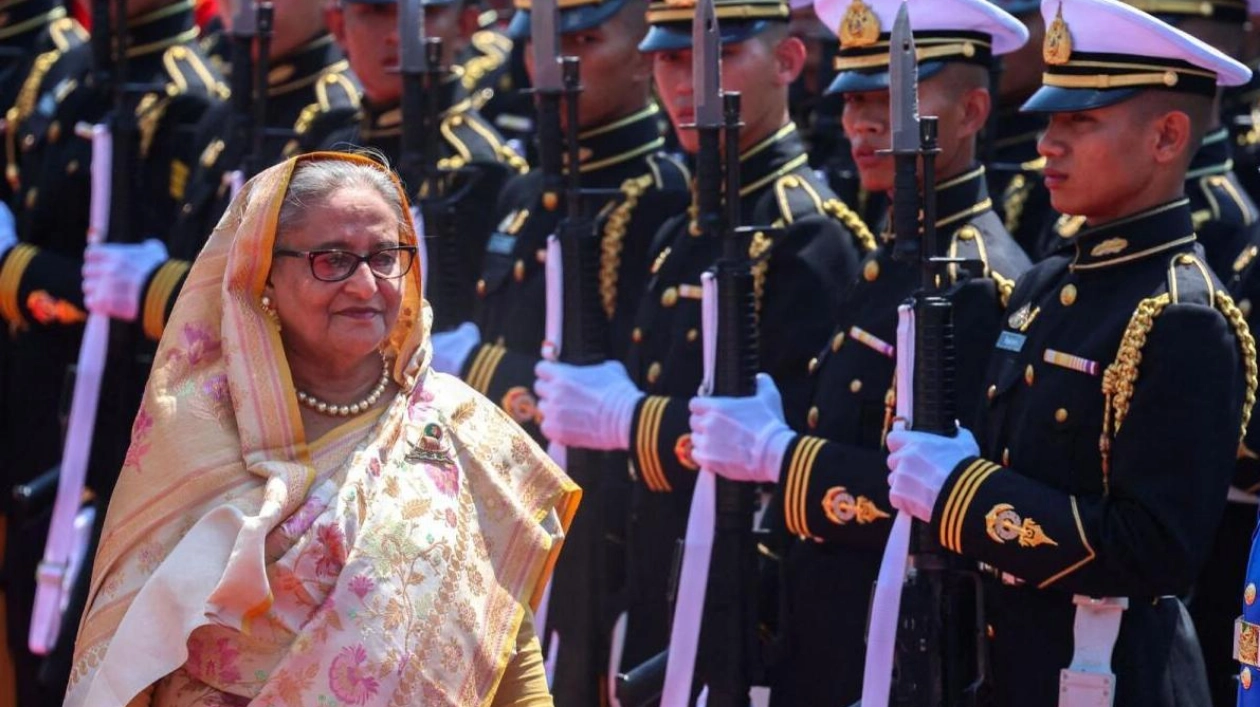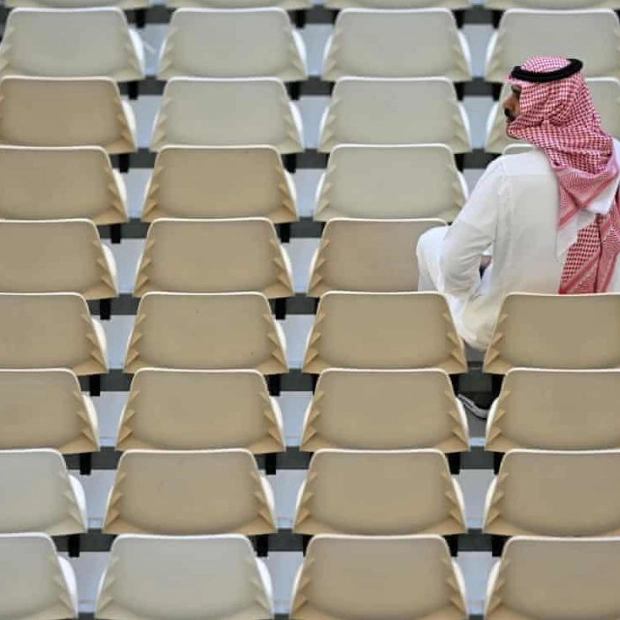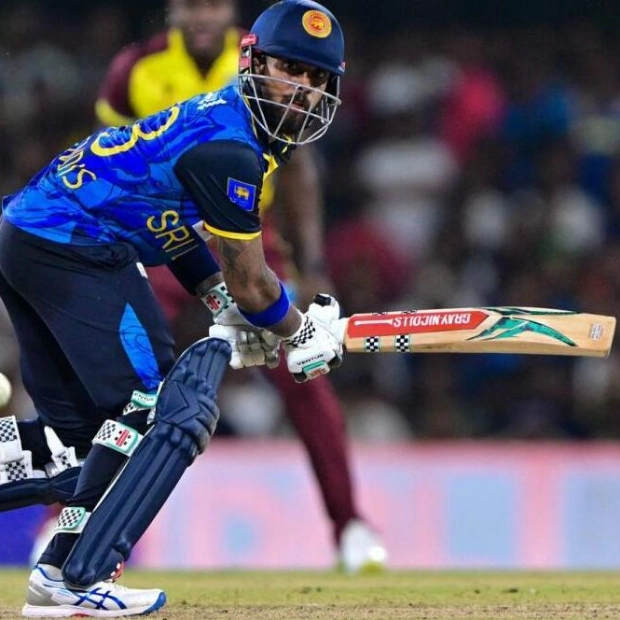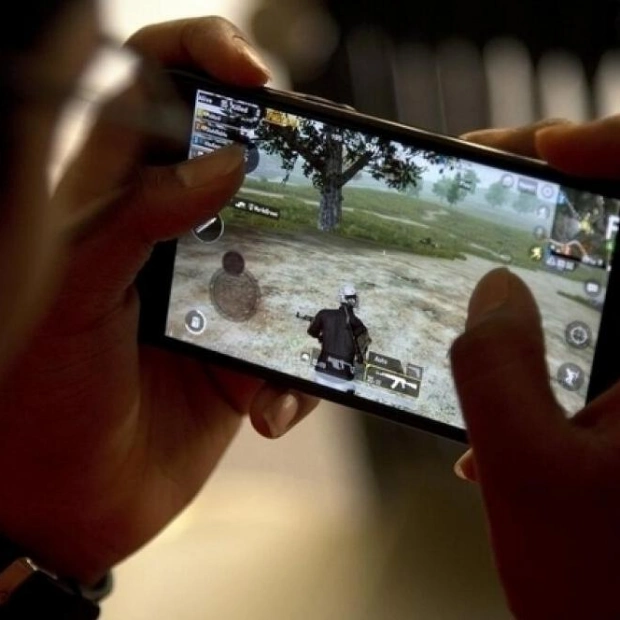Sheikh Hasina once played a pivotal role in liberating Bangladesh from military rule, yet her reign has been marked by the widespread detention of political adversaries and human rights penalties imposed on her security forces. Since July, the authoritarian leader has confronted widespread demonstrations that initially started as student-led protests against job quotas for civil service positions, but have since escalated into the most severe turmoil during her 15-year leadership, with dissenters calling for her resignation. The demonstrations remained largely nonviolent until police and pro-government student factions attacked the protesters, leading to international criticism.
At 76, Hasina secured her fifth term as prime minister in January, despite the opposition's boycott of the election, which they deemed neither free nor fair. During this period, Hasina labeled the primary opposition group as a "terrorist organization." Critics have accused her administration of numerous human rights violations, including the assassination of opposition members. As the daughter of a revolutionary who spearheaded Bangladesh's independence, Hasina has overseen rapid economic expansion in a nation once dismissed by Henry Kissinger as a hopeless "basket case." Last year, she pledged to transform Bangladesh into a "prosperous and developed country," yet government statistics indicate that approximately 18 million young Bangladeshis are unemployed.
Hasina was 27 and abroad when her father, Prime Minister Sheikh Mujibur Rahman, along with her mother and three brothers, was assassinated by rogue military officers in a 1975 coup. After six years in exile, she returned to lead her father's Awami League party, embarking on a decade-long battle that involved extended periods of house arrest. She collaborated with Khaleda Zia's Bangladesh Nationalist Party (BNP) to overthrow military dictator Hussain Muhammad Ershad in 1990. However, their alliance quickly dissolved, and their subsequent rivalry has since shaped Bangladeshi politics. Hasina initially served as prime minister in 1996 but lost to Zia five years later. Both were imprisoned on corruption allegations in 2007 following a coup orchestrated by a military-backed government. The charges were later dropped, allowing them to participate in the subsequent election, which Hasina won decisively, maintaining her position ever since.
Meanwhile, the 78-year-old Zia is in poor health and hospitalized after being sentenced to 17 years in prison on corruption charges in 2018, with several top leaders from her party also incarcerated. Hasina has garnered praise from supporters for steering Bangladesh through an extraordinary economic surge, primarily driven by the predominantly female workforce in the garment export sector. Since gaining independence from Pakistan in 1971, one of the world's poorest countries has experienced an average annual growth rate of over six percent since 2009. Poverty rates have significantly decreased, and over 95 percent of the country's 170 million inhabitants now have access to electricity, with per capita income surpassing India's in 2021. Hasina also earned international recognition for welcoming hundreds of thousands of Rohingya refugees escaping a 2017 military crackdown in Myanmar. Additionally, she has been commended for her firm response to Islamist extremists in the predominantly Muslim nation following a 2016 attack on a Dhaka cafe frequented by Western expatriates, which resulted in 22 deaths.
However, her government's resistance to opposing views has sparked discontent domestically and raised concerns internationally. Over the past decade, five prominent Islamist leaders and a senior opposition member were executed following convictions for crimes against humanity committed during the 1971 liberation struggle. Instead of healing the scars of that conflict, these trials sparked widespread protests and violent clashes. Critics denounced them as a sham, arguing they were politically motivated attempts to suppress dissent. In 2021, the United States imposed sanctions on an elite division of Bangladesh's security forces and seven of its senior officers due to allegations of extensive human rights violations. Amid escalating protests, Hasina has maintained that her efforts are dedicated to her nation. Last month, she visited areas of Dhaka that were ravaged during days of lethal unrest, including a metro station that was among several government buildings set ablaze or vandalized.
"Over 15 years, I've built this country," she told reporters, condemning the destruction of infrastructure. "What didn't I do for the people?"






